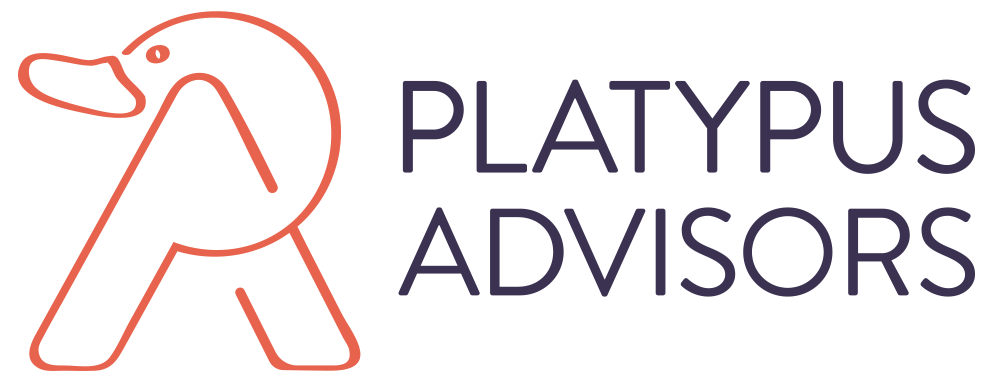5 Tips to Land a Job in Social Good
These strategies can help you break into the social impact and CSR space.
By Caroline Barlerin
For many people I talk to, the idea of combining social good with business resources would be a dream job. Although these roles—often phrased as “social innovation” or “corporate social responsibility” (CSR)—are growing in importance and visibility, they’re still in fairly short supply.
Here are five steps that might help you break into this specialized arena.
1. The easiest way in is often from the inside. Many companies that grow and expand their CSR programs hire from within, so network now to meet your colleagues in the CSR department and demonstrate your passion and skills.
2. Study the industry and follow the people in it. To determine where you might best fit in, you need to know the landscape and the language. For perspectives on impact investing, CSR, and sustainability, read the Stanford Social Innovation Review, the Net Impact blog, and the Sustainable Brands newsletters, for starters. I also recommend that you learn about and join the “shared value” conversation. Follow impact trendsetters on social media—people like Susan McPherson.
3. Discover what skills are in demand. Business for Social Responsibility(BSR), Net Impact, and Fast Forward have job boards that are regularly updated with listings that fall under the category of “impact careers.” Read them! It may be sobering at first, given the requirements they often want, but the point is to understand the skills and experiences that forward-thinking corporations and nonprofits desire when hiring in this field. I also suggest checking out roles at B Corporations (here’s more on what that means).
“To determine where you might best fit in, you need to know the landscape and the language.”
4. Connect with people. Meet and follow the pros who already have your dream jobs. After all, none of us gets to where we are without a little help from our network. And generally, people are happy to help, either because they were in your shoes once or because they want to extend their own networks for the future. A good way to identify people you’d like to meet and reach out to is, of course, LinkedIn. Already on LinkedIn? There are ways to harness its power even more. For example, search by key words (not just by organization or person), which can help you stumble upon related interests.
Following Groups on LinkedIn is helpful for job leads, discussions, or articles. Try searching for “corporate social responsibility” or “socially responsible business.” It’s also a good reminder to make sure your profile is spruced up and current, because you never know who will come across it, including recruiters. If you land an informational interview, remember to come prepared with thoughtful questions, be respectful of your contact’s time, and always follow up with your thanks.
5. Enter the conference circuit. There are a lot of conferences around the topic of CSR, but access can be pricey. Reach out to organizers and offer to volunteer by, for example, helping with social media, photography, or blogging in exchange for free attendance. Some conferences to consider: Social Innovation Summit, Global Philanthropy Forum, Net Impact, SOCAP, and Sustainable Brands. Can’t get in? Watch the live streams, follow the tweets, read the blogs, study the speakers’ bios, and join in the discussions.
Above all, have faith. It can be a slow process, and sometimes it seems as if these jobs are few and far between, but focus on the network you are building and the skills you are creating. Keep at it!
Landing your dream job will take time, but when you read that job announcement that sounds like it was written for you, you’ll be there with a thoughtful perspective, deep experience, and a network that has your back. Remember—the universe will take you to where you need to be.
Good luck! Here’s to the journey ahead.

